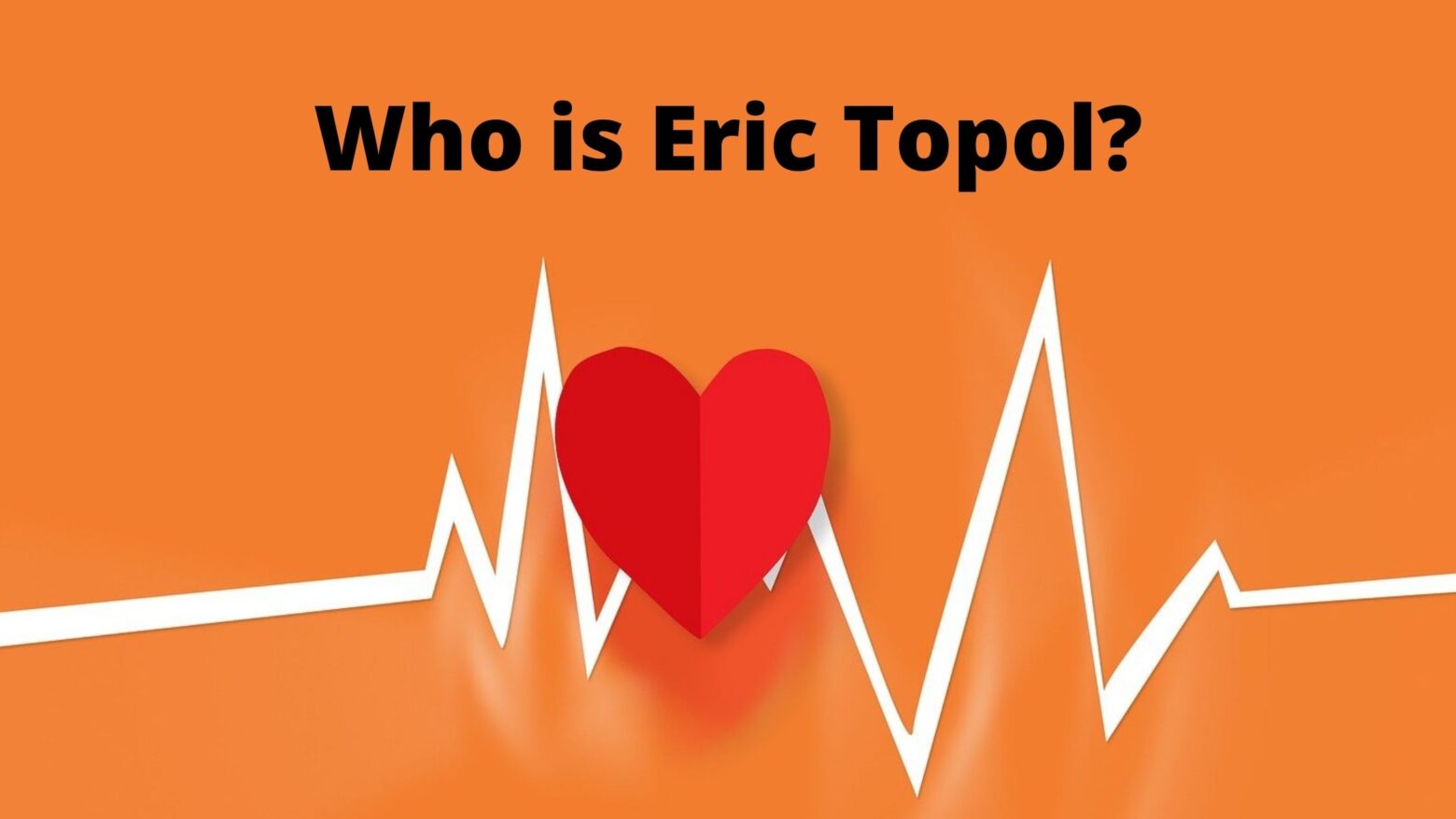About
Dr. Eric Topol, MD, is a pioneer in the field of cardiology and a cardiologist at Scripps Clinic. During his distinguished career as a medical scientist, he gained international recognition for his research and basic skills. Dr. Topol is particularly interested in genomics, nerve endings, preventive cardiology (including prevention of heart attack), coronary artery disease, and preventive medicine. Topol’s work in genomics and digital wireless technology is helping shape the future of medicine. Despite his emphasis on in-depth research, he continues to meet patients at Scripps Clinic because he feels that research is just as valuable as its ability to benefit others.
Works
Topol’s treatment philosophy is based on the idea that patients should be completely independent. He does this by fully sharing information with his patients and forming partnerships with them. He also believes that each patient is unique and therefore deserves a care plan that fits their specific needs. He treats his patients with the latest advances in heart care and uses medication only when necessary.
Drs. Topol has been named the most influential physician general in the United States in a study sponsored by Modern Healthcare in 2012. He is the author of three best-selling books on the future of medicine: The Creative Destruction of Medicine (2010), The Patient Will See You Now (2015), and Deep Medicine: How Artificial Intelligence Can Make Health Care Human Again (2019).
Social Media
Read more about the Author here.
Inspiring Talks by Eric Topol
Interview
Notable quotes
- “When you put together open medicine, open science, open access, open-source, and open data—Open5—all sorts of new channels of research activity become available, and existing ones become exponentially more powerful.”
- “David Cutler wrote in MIT Technology Review, “the single most unused person in health care” is the patient.”
- “Eventually, doctors will adopt AI and algorithms as their work partners. This leveling of the medical knowledge landscape will ultimately lead to a new premium: to find and train doctors who have the highest level of emotional intelligence.”
- “It’s hard for most of us to accept that we are nine parts microbe and only one part human, at least as far as a count of our cells goes.”
- “took ten years and $5 billion to sequence the first human genome, and now it takes less than twenty-four hours and costs less than $1,500”
- “Eventually, each individual will not only own their data but it will be secured in a personal cloud or system, with the owner granting rights for others to access. Now that’s a flip.”
- “The greatest opportunity offered by AI is not reducing errors or workloads, or even curing cancer: it is the opportunity to restore the precious and time-honored connection and trust”
- “Consumers find it easier to discuss costs with their pharmacist than to have to deal with their doctors.”
- “Nick Dawson, a leader of the Society of Participatory Medicine, uses Evernote as his electronic medical record, pulling in data from sensors and sharing with providers or family members.”
- “There are over six thousand prescription drugs, but we only have pharmacogenomic information for just over one hundred”
